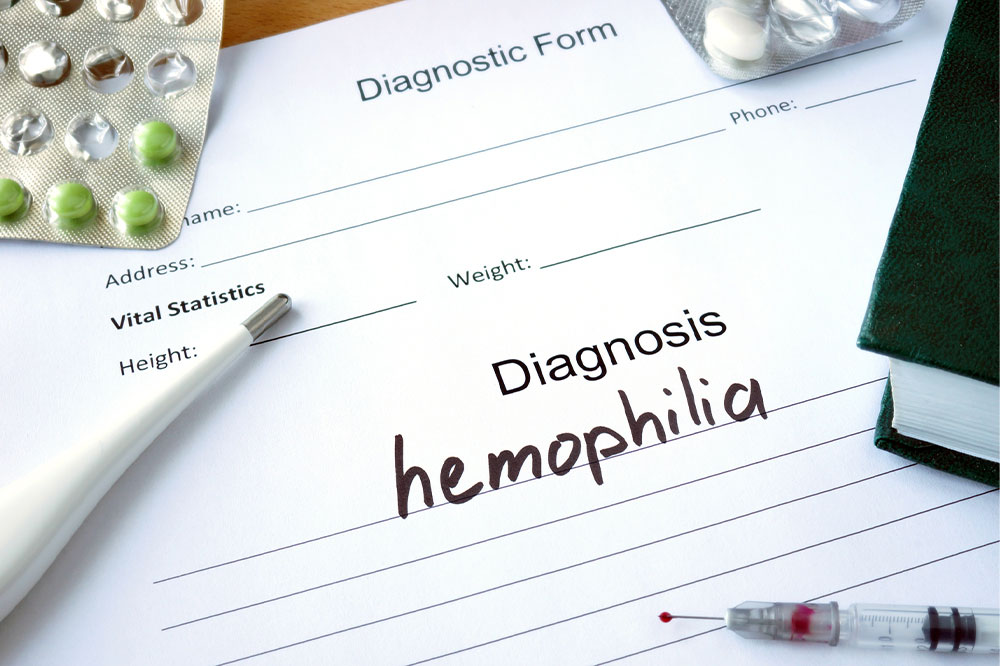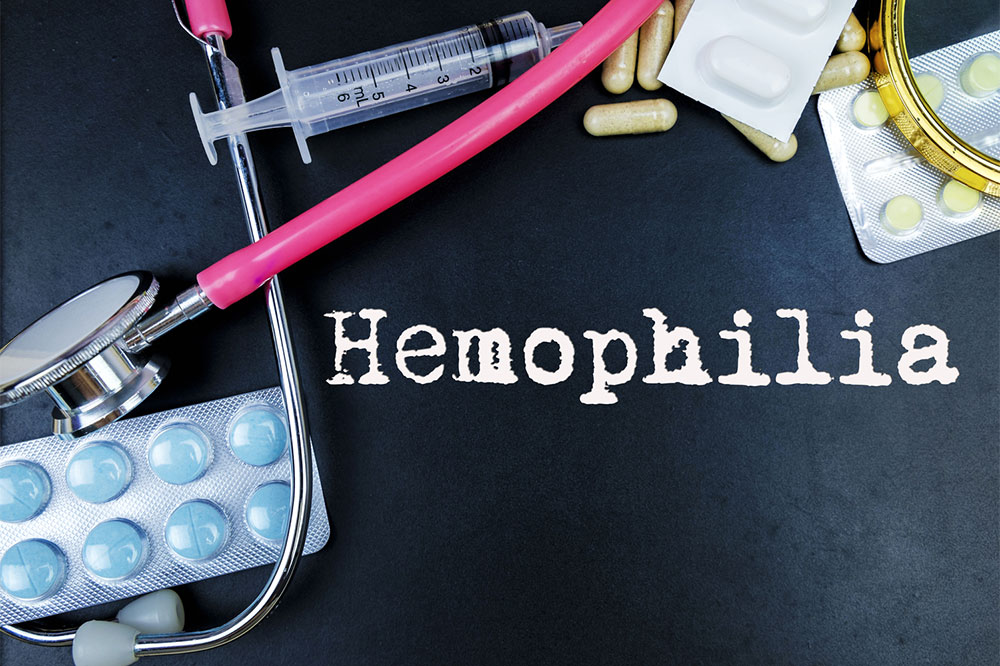Key Strategies for Managing Hemophilia and Maintaining Good Health
Learn essential strategies for managing hemophilia and maintaining good health. This guide emphasizes regular checkups at specialized centers, vaccinations, staying active, and practicing proper hygiene to improve quality of life with this condition.

Key Strategies for Managing Hemophilia and Maintaining Good Health
Hemophilia is a lifelong bleeding disorder impacting around 30,000 individuals nationwide. This condition impairs the blood's ability to clot due to deficient clotting factors, leading to excessive bleeding from minor injuries. To stay healthy, it’s important to avoid activities that increase injury risk and adopt preventative measures. Here are essential tips for living well with hemophilia.
Schedule Regular Medical Checkups
Research indicates that patients who visit specialized hemophilia treatment centers (HTCs) enjoy improved quality of life. These centers offer comprehensive yearly evaluations to monitor disease progression and flag potential issues.
Hence, starting treatment at an HTC is recommended. These centers have experienced physicians, including hematologists, to guide therapy. If an HTC isn’t nearby, consult a healthcare professional to find suitable clinics and treatment options.
Get Vaccinated for Hepatitis Vaccinations for hepatitis A and B are vital for those with hemophilia, as these infections affect the liver—which is key for blood clotting. Since hepatitis vaccines became available only a few decades ago, older patients may not have been vaccinated.
Maintain an Active Lifestyle Engaging in physical activities, such as sports, yoga, or stretching, boosts circulation, enhances bone strength, and supports joint health. Regular exercise reduces the chances of spontaneous bleeding and helps manage weight. Gentle activities also benefit mental well-being, which is crucial for overall health.
Prioritize Oral and Personal Hygiene Good oral hygiene is especially important for hemophilia patients, who are prone to bleeding gums, gingivitis, and other oral issues. Using improper brushing techniques can cause gum bleeds, which may be dangerous. Routine dental checkups and thorough wound cleaning are essential. Proper hygiene practices help prevent infections and manage minor injuries effectively.










